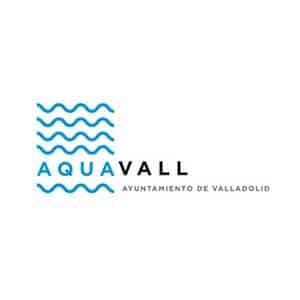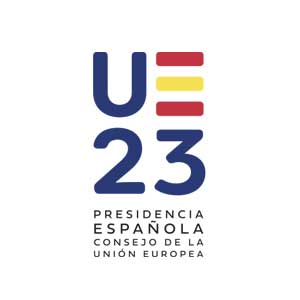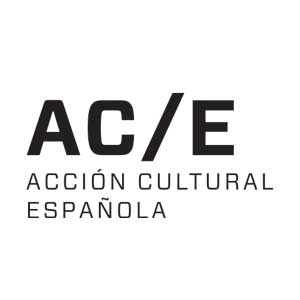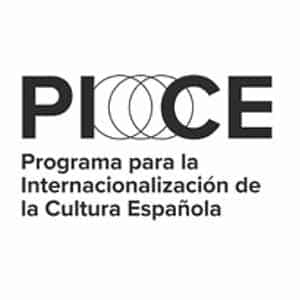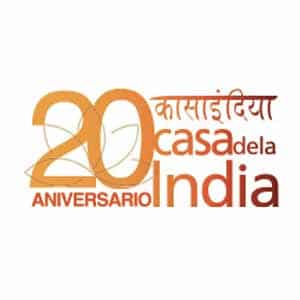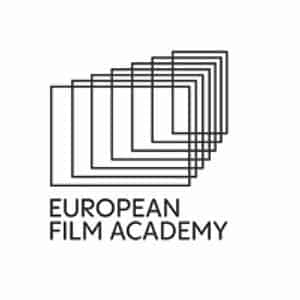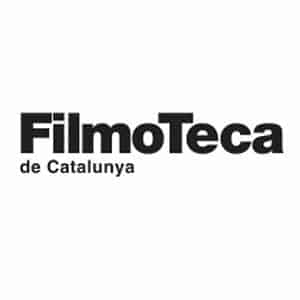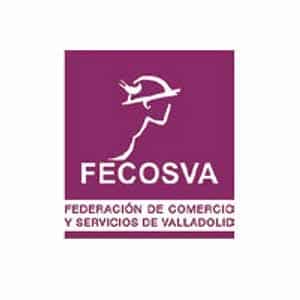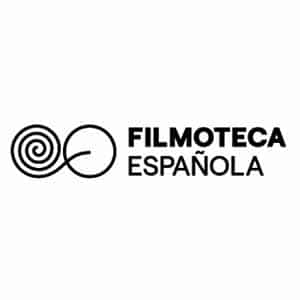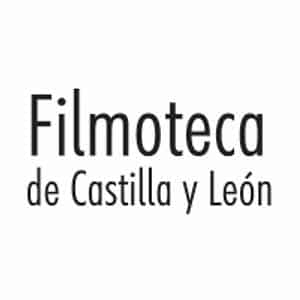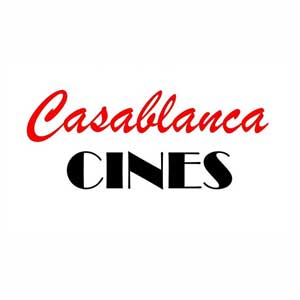Eo, the latest film by veteran Polish director Jerzy Skolimowski, was presented on the big screen on Saturday, 22 October, as part of the 67th Seminci. The film, which competes in the Official Selection, narrates the adventures and misadventures of a grey donkey named Eo, whose tenderness touched the audience.
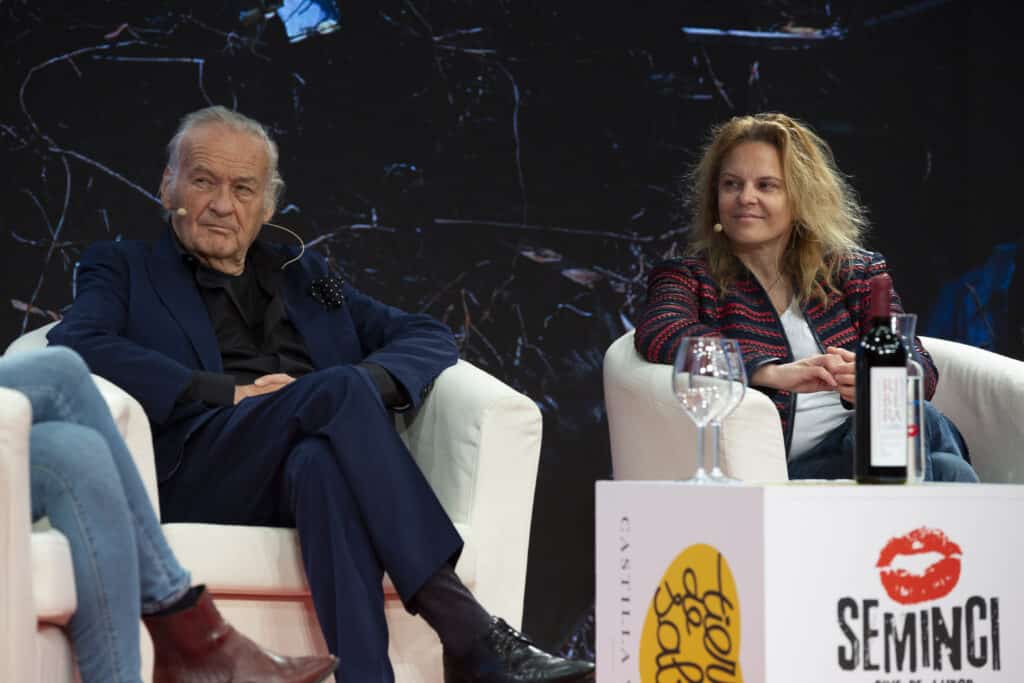
Jerzy Skolimowski presented his film at a press conference, accompanied by co-writer and co-producer Ewa Piaskowska, who is also his wife. The 84-year- old Polish filmmaker is a firm believer in experimental cinema that seeks and explores new narrative forms.
After pointing out that the title of his film, Eo, is nothing more than “the onomatopoeia that reproduces the sound that donkeys make”, the filmmaker explained how this project came about: “When Ewa and I watch contemporary films, we both feel that we are fed up with the traditional way of telling stories, because there is a very linear narrative, where everything happens from A to Z; they introduce the characters, who fall in love or kill each other, or whatever… and so on until the end. We feel that this way of telling stories is dead, that this is not the direction, and we have looked for another kind of narrative, where not everything is predictable. We started experimenting with the previous film, which is called 11 minutes, and that was the first step. With Eo we have made progress, but we hope to go even further with the next film we make”.
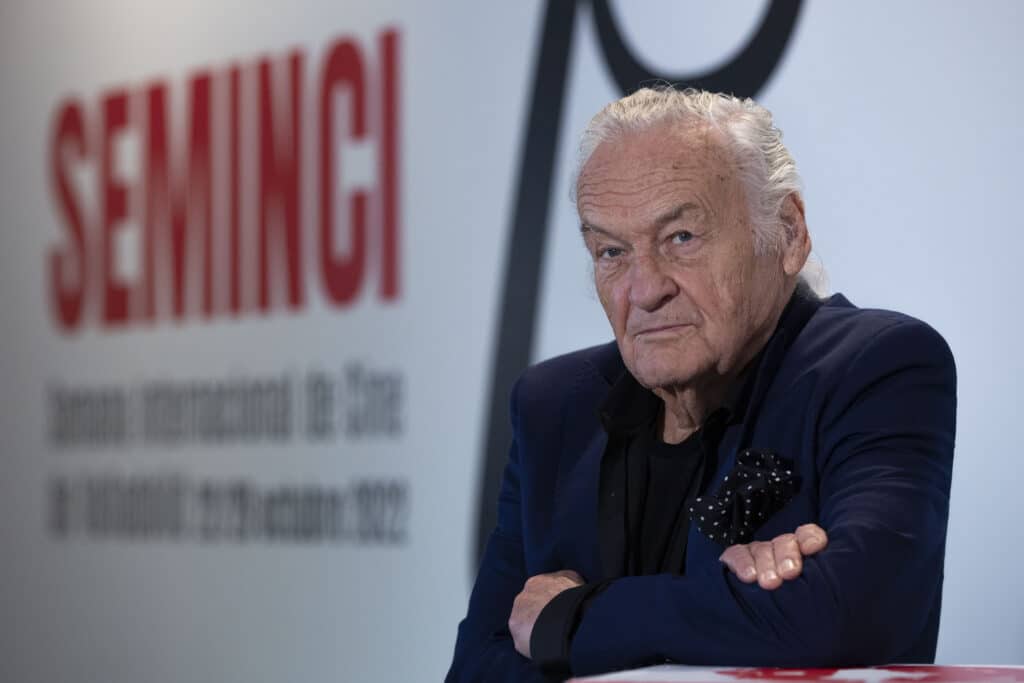
The filmmaker spoke about the advantages of having an animal as the main character in the film. “Sometimes working with animals is easier than working with human actors. Because actors have a tendency to intellectualise the role they play. But with an animal you have to look for other forms of expression, because what is “sacrificed” are the dialogues. In Eo, the music in the film is brutal, it is symphonic music, and our collaborator, Paweł Mykietyn, is a classical composer who has had to approach other musical registers. But in the film what we hear is a 75-piece orchestra, and the whole soundtrack expresses the inner monologue of Eo, the main character.
Skolimowski made it clear that he doesn’t like to argue with the actors about why you have to do what the script says, and in that sense working with donkeys has been easy for him: “With the actors you can talk and explain a lot, but with the donkey you don’t need to explain anything. With the donkey you have to speak in a soft tone, without shouting, without pushing… The truth is that I treated him like I treat my dog, with whom I have many years of experience, and I know that instead of shouting, what works is softness, tenderness… Well, the truth is that we had another secret weapon, which was carrots”, she added with a laugh.
Ewa Piakowska commented that this is the fourth time she has worked on a script with Jerzy Skolimowski and told how the writing process works between the two of them: “We complement each other well, I am the night person and he is the day person. It’s a long and complicated process, but at the same time short. We both have different ideas about what we want to tell, and then I 4 work all night, leave my part of the script written, and go to sleep. And when Jerzy wakes up in the morning, sits down at the table and starts writing, he’s working all day and coming up with his ideas, and then he goes to bed and I get up, or we go around the house and talk, and so we move on.
On the relationship between the film and the genre of fables, Piakowska commented that when they started working on Eo, they read different books, such as Ovid’s Metamorphoses, Apuleius’ The Golden Ass… “Yes, fables teach something apparently simple but they always have a very deep underlying conclusion. In Spain we have discovered that there is a wonderful book, Platero y yo, by Juan Ramón Jiménez. We haven’t read it yet but we have looked for it and we have it pending”.
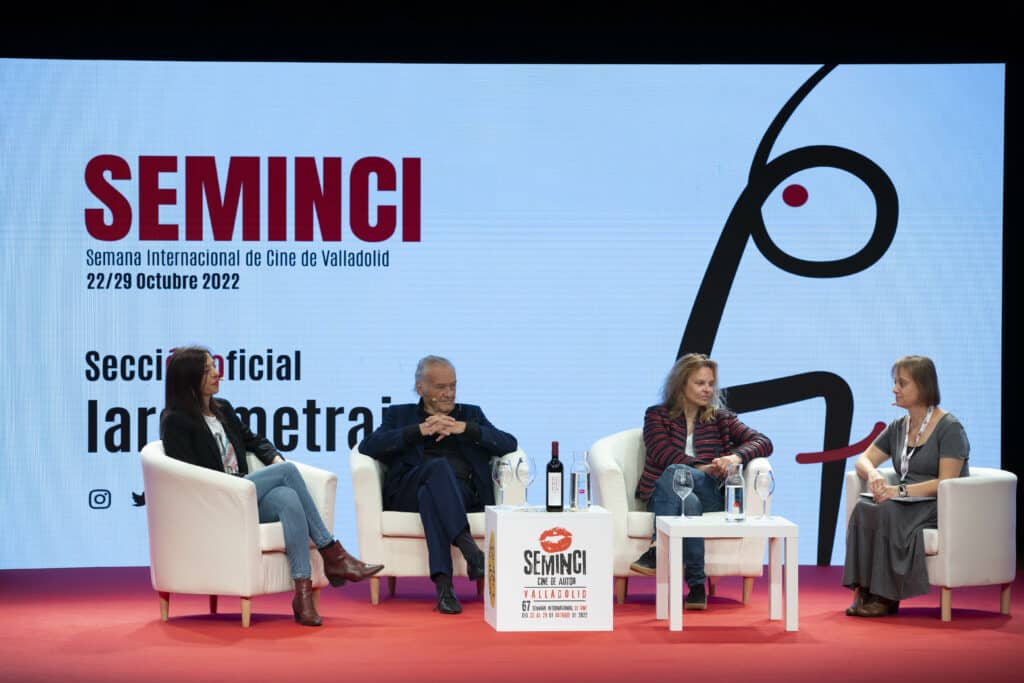
Cinema and politics in Poland
Asked about what it has been like and what it is like to make films in Poland, and about the evolution his country has undergone in recent decades, Skolimowski recalled that “the communist period was very hard for everyone, especially for artists”. “I myself was a victim of censorship, when I made a socially and politically committed film, called Hands Up, and there the government really forced me to emigrate, because they told me they didn’t want that kind of film and I wasn’t willing to give up my way of saying things”.
However, the filmmaker made it clear that no one censors his films now. “They are totally free. Even in this last one, Eo, there is an ironic, subtle criticism of the current government, of the system… But well, in Poland films are financed by the National Film Institute, and we are lucky that they finance all kinds of films, from the right, from the left, from the centre… I suppose they wouldn’t give money to support fascism, although in Poland there are also small groups that are on the margins, groups with nationalist and even fascist leanings”.
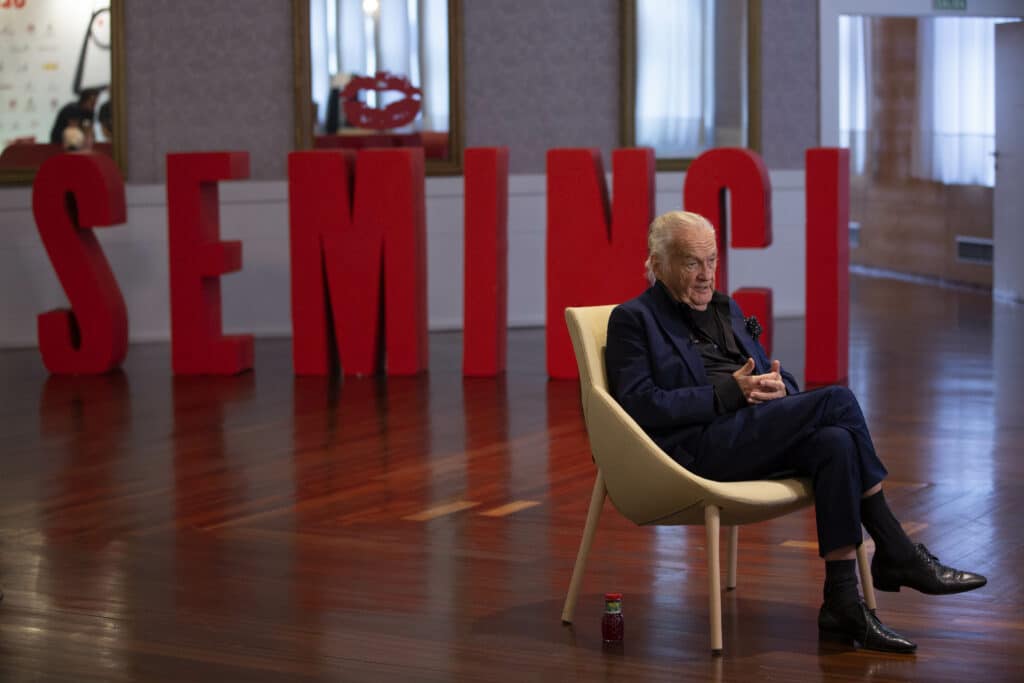
“When communism ended there was an explosion of freedom, and the truth is that we were not used to it, because just before the communist era we were under Nazi occupation. Some knew how to use that freedom in the right way and others did not. You have to remember where Poland is geographically
located in Europe, between Russia on one side and Germany on the other, which is a disadvantage. They are two powerful countries…”, the filmmaker reflected.
“Poland has developed with the system of a liberal democracy, different parties have emerged, with different ways of expressing it… and unfortunately for many it is now going to the right. But Poles have tasted freedom, and it will not be so easy to oppress them again. As long as there is democracy, there are ways to protest when someone is not happy… Now, where we are going, where this whole process is going… well, we don’t know, it’s an open question”.














